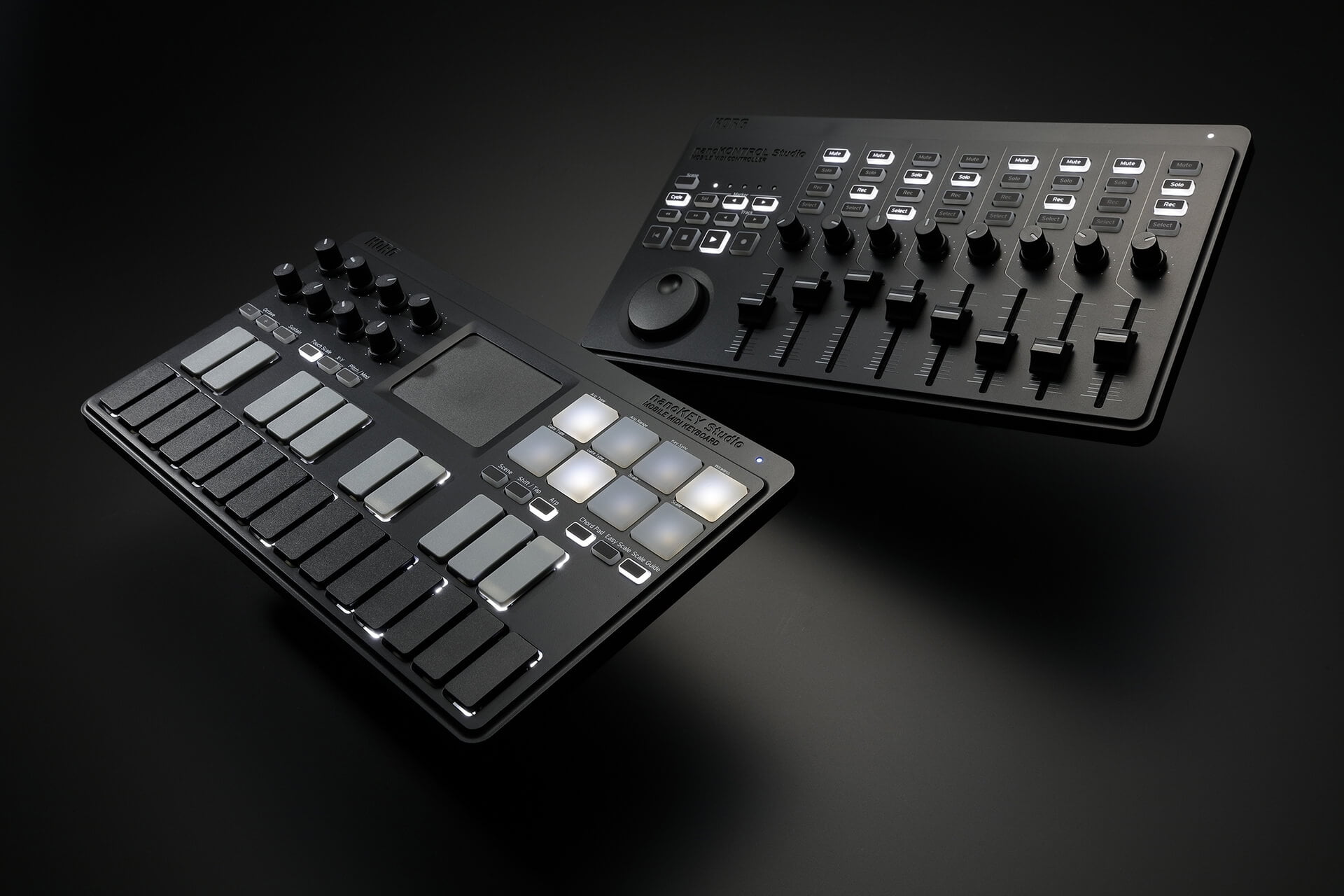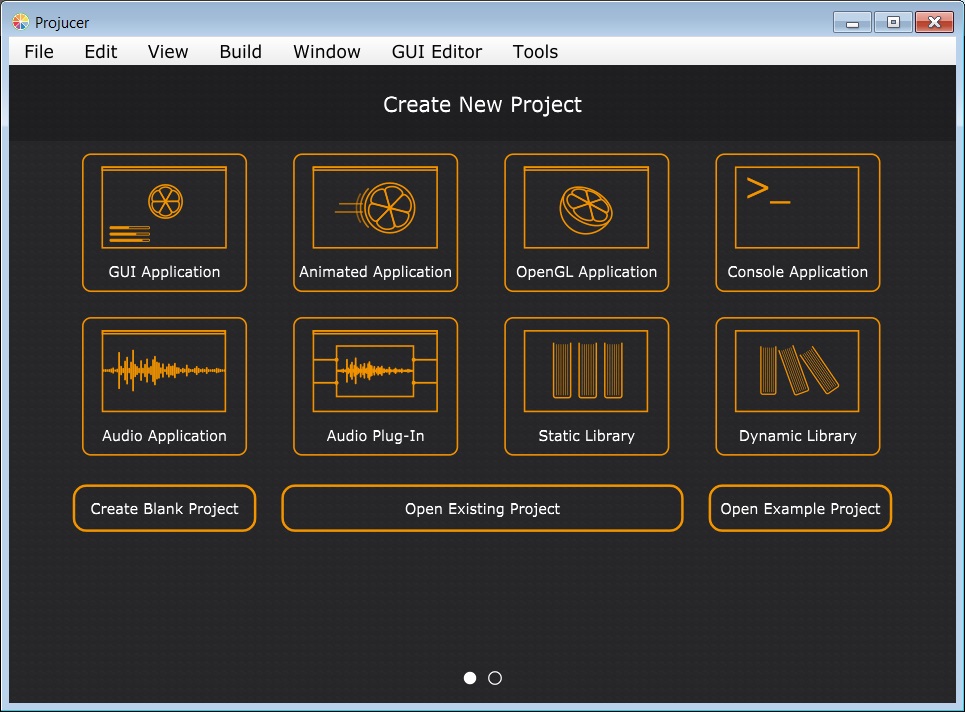
VST plugins are third party plugins. win 10 product keys generator tool Many commercial and free plugins are available in this format.
Korg M1 Vst Plugin These plugins from Korg: M1 software synthesizer is a digital company from KORG korg m1 vst crack Waves mastering. Dll and MDE-X.dll. Fruity Reverb.dll VST Plugin Free Fruity Reverb.dll. This guide only covers building VST 2.x plugins, as the VST3 SDK is not very widely supported yet. Note that Steinberg’s website is a bit confusing and it is easy to accidentally download the wrong version of the SDK, so double-check to make sure that you have the 2.4 SDK. But I am not able any more to start my own produced VST Plugins in my DAW. Neither in cakewalk. Are changed, but I do not know which ones.
VST plugins can be loaded in an effect slot using the slot's down arrow. The VST plugins appear in the effect selector's 'VST Plugins' section (Windows) / 'VST and AU Plugins' section (Mac).
If a VST plugin gets in a bad state somehow you can press the F5 key (Windows) / Command-R (Mac) while the plugin interface is visible. This will save the settings, reload the plugin and load the settings again.
Note: a VST plugin that's installed while MultitrackStudio is running may not be recognised automatically (the plugins are collected only once per session). You can press the F5 key (Windows) / Command-R (Mac) while an effect selector is visible in order to force VST plugins to be rescanned.
Most VST plugins are VST2 plugins, some are VST3. MultitrackStudio supports both formats.
VST2 plugins
Windows: VST2 plugins are .dll files. In the Plugin Manager a folder can be selected where the VST plugins are located. MultitrackStudio looks for VST plugins in this folder and its subfolders.Mac: VST2 plugins are .vst files. They're located in the user or system Library/Audio/Plug-ins/VST folder.
Plugins that do supply a graphical user interface will be shown in a window with Bypass and Presets buttons. Plugins that do not have their own user interface will be made to look like native MultitrackStudio effects.
Any presets coming with the plugin appear in the Presets menu. The presets can be factory presets (stored in the plugin itself), presets stored in .fxb bank files or presets stored in .fxp files. MultitrackStudio looks for matching .fxb/.fxp files in the folder where the plugin is located, and all of its subfolders.
There are a couple of 'powered' plugins on the market that come with their own dedicated hardware to run on. These kind of plugins are not supported.
Some plugins generate MIDI data. This MIDI output is merged with the data coming from MIDI input devices if the plugin is in a recording audio track and Soft Monitoring is enabled.
Bridging
Note: bridging is available for Windows only. The Mac version supports 64 bit plugins only.Both 32 and 64 bit versions of MultitrackStudio support 32 and 64 bit VST plugins. 64 bit Windows is required to run 64 bit plugins.64 bit MultitrackStudio runs 32 bit plugins 'bridged', or 'out-of-process' in computer lingo. Similarly, 32 bit MultitrackStudio runs 64 plugins bridged. This happens automatically.
Bridging plugins has some drawbacks: there's some performance overhead, and you may hear glitches while recording them at low latencies. It's best to use mostly 64 bit plugins with the 64 bit version of MultitrackStudio.

Note: not all VST plugins are happy running bridged. Some seem to work fine running one instance, but weird things happen if you add more instances. Some copy protection mechanisms may fail. Some won't work if UAC (User Account Control) is enabled on Windows Vista and newer.
A bridged plugin that crashes shouldn't tear down MultitrackStudio. You can choose to run a buggy plugin bridged for this reason. The Plugin Manager can be used to force new instances of a plugin to run bridged. The window title bar of a bridged plugin reads 'VST plugin (bridged): name'.
Under the hood
Each bridged plugin appears in the Windows Task Manager as 'MtStudioVSTServer.exe' (32 bit plugin) / 'MtStudioVSTServer64.exe' (64 bit plugin).
Customizing the VST folder
On Windows the Plugin Manager allows for specifying one VST folder. On Mac there are two default VST folders, and you can specify an additional one in the Plugin Manager. If you need more flexibility you can place an MtStudioLinks.txt file in the VST folder, a folder that's included by an MtStudioLinks.txt file or any of the subfolders. MtStudioLinks.txt must be a plain text file. NotePad (Windows) / TextEdit (Mac) can be used to create/edit such files.This example file demonstrates the options:
Windows:
g:OtherFolder
g:OtherFolderTheReverb.dll
-SamplesDir
-BuggyPlugin.dll
Mac:
/Volumes/MyDrive/OtherFolder/
/Volumes/MyDrive/OtherFolder/TheReverb.vst
-SamplesDir/
-BuggyPlugin.vst
The first line includes the OtherFolder folder. The second line includes the TheReverb plugin. The third line excludes the SamplesDir subfolder, this can be useful if folders with huge amounts of samples slow down plugin scanning. The last line excludes the BuggyPlugin plugin.
Tip: you can press the F5 key (Windows) / Command-R (Mac) while an effect selector is visible in order to force VST plugins to be rescanned.
VST3 plugins
Windows: VST3 plugins are .vst3 files. 64 bit plugins are located in the C:Program FilesCommon FilesVST3 folder. 32 bit plugins are located in the C:Program FilesCommon FilesVST3 (if your Windows version is 32 bits), or the C:Program Files (x86)Common FilesVST3 folder (64 bits Windows version). There's no bridging for VST3 plugins, so 64 bits MultitrackStudio can only use 64 bits plugins and 32 bits MultitrackStudio can only use 32 bits plugins.
Mac: VST3 plugins are .vst3 files. They're located in the user or system Library/Audio/Plug-ins/VST3 folder.
Vst Plugin Dll Control Module
You can use MtStudioLinks.txt files to exclude files or folders (see the VST2 description). Including files or folders isn't possible.
Any presets coming with the plugin appear in the Presets menu. The presets can be stored in the plugin itself, or they can be .vstpreset files in one of these folders:
Windows:
- C:UsersUSERNAMEDocumentsVST3 PresetsCOMPANYNAMEPLUGINNAME
- C:UsersUSERNAMEAppDataRoamingVST3 PresetsCOMPANYNAMEPLUGINNAME
- C:ProgramDataVST3 PresetsCOMPANYNAMEPLUGINNAME
Mac:
Vst Plugin Dll Control Download
- User or system Library/Audio/Presets/COMPANYNAME/PLUGINNAME/
- Network/Library/Audio/Presets/COMPANYNAME/PLUGINNAME/